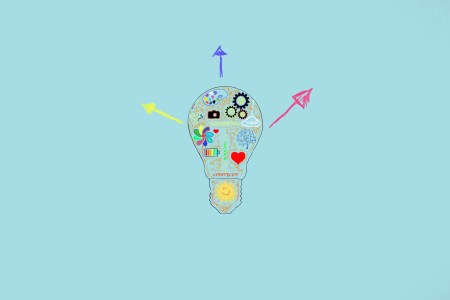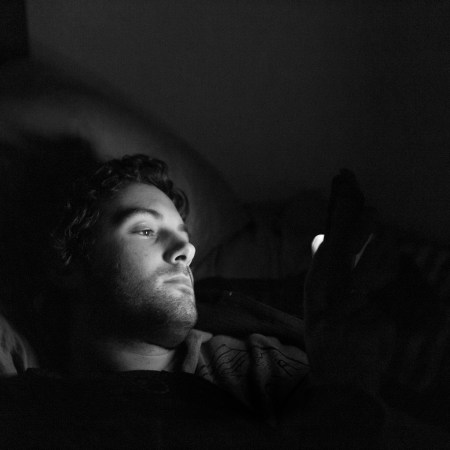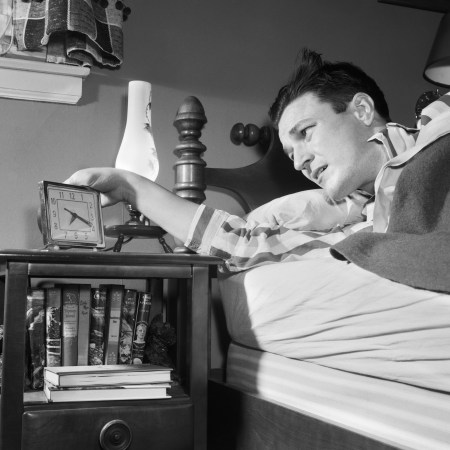We tend to find time for the most notable sunsets: on a beach vacation with a significant other, the day after a good rain, “Manhattanhenge.”
And it’s true, those sunsets are always good for a dose of the sublime — you get to take a beat, take a breath, appreciate the improbability of existence. My boss has a good view of the Hudson River, and has been known to call the office’s “romantics” over to the window towards the end of the workday. We’ve got a good one brewing.
But sunsets, even in their most feeble and forgettable form, aren’t just spiritual. They’re logistical. They’re the most natural reminder your circadian clock has available to it that the day is ending…and you ought to start thinking about sleep.
How to Achieve Four Hours of “Deep Work” Each Day
No more squeezing inspiration and innovation in at the end of the dayIf you’re finding yourself waking up in the middle of the night, every night, consider how you’re spending your time just before dusk. Catching the sunset could offer some hormonal help. Light presented at a low solar angle — or as a sleep expert recently put it for The Washington Post, “abundant environmental light during the 7 p.m. hour” — is more than a vibe. It’s a tool.
Exposure to sunlight is able to delay premature melatonin secretion, ensuring that you don’t fall asleep hours before you’re supposed to. Which, in turn, ensures you won’t wake up hours before you’re supposed to.
At the same time, a sunset signals the beginning of the day’s end, putting you in a headspace where you can start to limit your light exposure. Blue light, LED lights, those batshit fluorescent things they have in gas station convenience stores…these are signals to the brain that you should be alert and bopping around. Cutting off your light detection (to the best of your ability) helps optimize the wind-down routine, and the full night’s sleep that will hopefully follow.
Of all the positives you can glean from watching a sunset, here’s the most underrated: fewer trips to the bathroom. As The Washington Post notes, regulation of vasopressin (an antidiuretic hormone) can fall to the wayside when our circadian timing is misaligned. That means a ritualistic trip to the bathroom at 3 a.m., during which you may flick on a couple lights (not good!) and start to think about your jam-packed day ahead (very bad!).
Obviously, the idea that catching sunsets will fix your sleep has a little hopeless romanticism to it, too. If you have shift work, or a mandate to answer emails at 11 p.m., or little babies screaming in the other room, or lower back pain, or [insert 4,000 other reasons here] your nightly routine is going to be a challenge.
But let sunsets serve as a reminder here — especially as they creep later and later, heading into the spring — that once the outside world goes dark, your home or apartment should start to go dark, too. Keep lights dimmed low, or literally oriented low, along your walls or the floor. Keep TV time reasonable and keep phones out of the bedroom (incredibly hard, but so worth it). If you really want to level up, consider reading to candlelight as your final step. It rules.
Thanks for reading InsideHook. Sign up for our daily newsletter and be in the know.


















